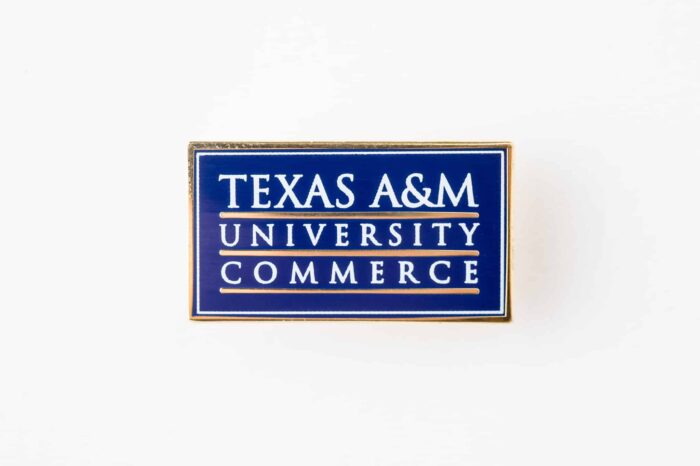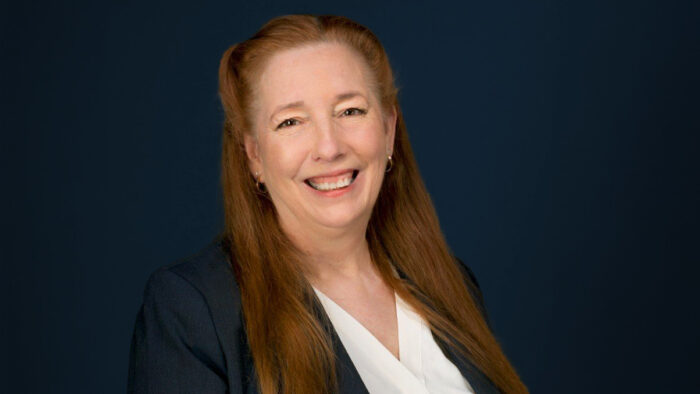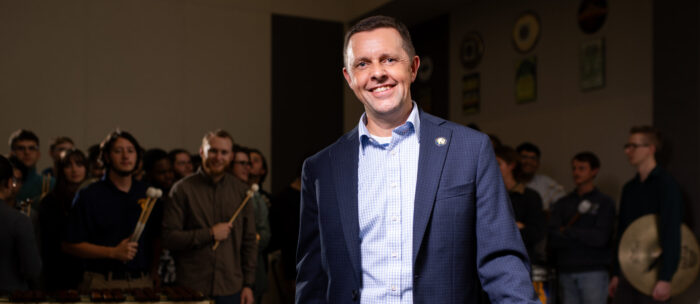Graduate Student Among Nation’s Top 30 Police Chiefs

Domingo Ibarra, chief of police for the Magnolia, Texas police department and soon-to-be graduate of the Texas A&M University-Commerce applied criminology program, has been selected as one of the top 30 law enforcement executives from across the country. Later this year, he will attend The International Association of Chiefs of Police and MacArthur Foundation Law Enforcement Leadership Institute on Juvenile Justice in Seattle, Wash.
The Leadership Institute is designed to give 30 top law enforcement executives a three-day training program to improve their agencies' response to juvenile offenders and at-risk youth. It offers the chance to collaborate on juvenile justice reform in their communities and be introduced to cutting edge juvenile justice information. Participants work closely with institute faculty to assess their agencies’ current response to youth and develop agency-specific action plans to use after returning home.
“Research is key,” Ibarra said. “In order to compete on a national or international scale, you have to be able to do research on policies and practices in order to say if they work or not. Empirical evidence is not a question of opinion. It's a question of validation. When I was competing against other national candidates, it was not dialogue, it was research, that put me over the top.”
In addition to this opportunity, the Magnolia Police Department received the IACP/ Motorola Webber Seavey Award in October 2013, placing them among the top 25 police departments internationally. They are one of the smallest agencies to receive this award since its creation in 1992. This award recognizes quality in police work in agencies and allows the exchange of ideas and solutions with other public safety agencies around the globe.
“It doesn't matter what size a department is. It's all about the foundation of education and how it's put to use,” said Ibarra.
Ibarra credits much of his success to his education from A&M-Commerce. Through numerous classes in the Master of Science in Applied Criminology program and help from professors such as Dr. William Thompson and Dr. Melinda Schlager, he was able to become a successful candidate to attend the institute.
“Law enforcement is a science. You have the theoretical vs. the operational,” Ibarra explains. “What I've been able to do is take my education from A&M-Commerce — writing research papers and going through the daily activities that any master's student does—and once I have the research under my belt, it's no longer theoretical, it's now operational.”
Ibarra will graduate in with a Master of Science in Applied Criminology this summer and attend the institute in the fall. For more information about the IACP, visit www.theiacp.org and to get more information about the Applied Criminology program at A&M-Commerce, visit https://www.tamuc.edu/CriminalJustice .
More Press Release
View All Press Release
Dr. Nancy Albers Named Dean of the College of Business at East Texas A&M University
Dr. Albers is poised to build on the College of Business’s tradition of excellence.

Morris Recreation Center Prepares for Transformative Expansion
The expansion reflects Campus Recreation’s ongoing commitment to serving the university population and the surrounding community.

ETAMU Music Faculty Named A&M System Regents Professor
Dr. Brian Zator, East Texas A&M University professor of music and percussion director, was recently named a Texas A&M University System Regents Professor for the 2023-24 fiscal year.


